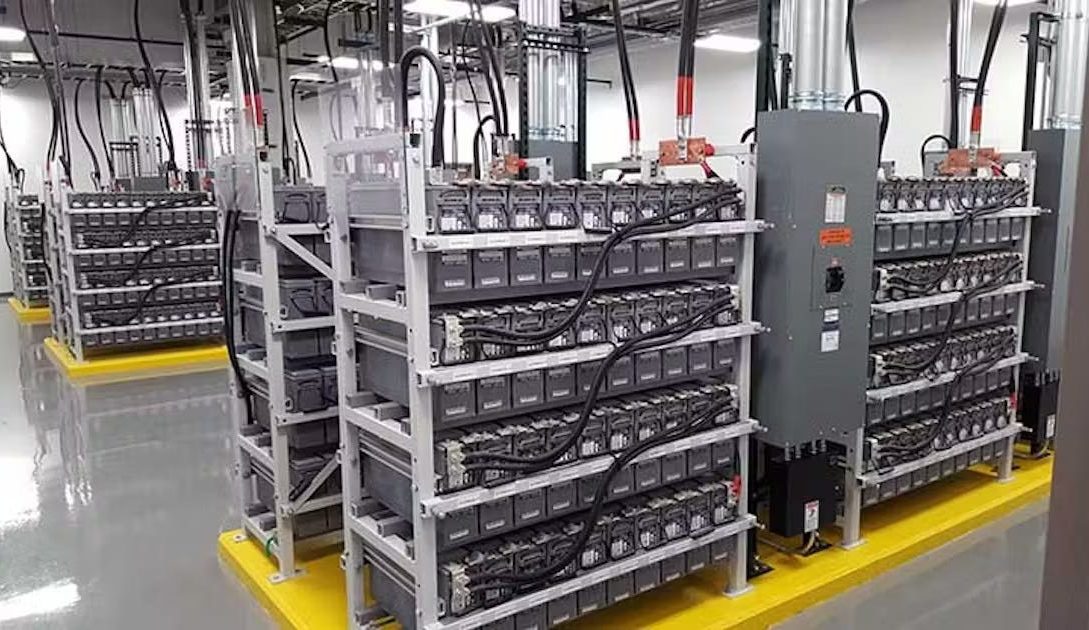In today’s digital world, power interruptions can lead to significant disruptions, data loss, and equipment damage. This is where an Uninterruptible Power Supply (UPS) comes into play. A UPS is an essential device that provides emergency power to a load when the main power source fails. In this comprehensive guide, we’ll delve into the workings of UPS systems, their benefits, and how to choose the right one for your needs.
What is an Uninterruptible Power Supply (UPS)?
An Uninterruptible Power Supply (UPS) is an electrical apparatus that provides backup power when the regular power source fails. It ensures the continuous operation of connected equipment, protecting against power interruptions, voltage fluctuations, and surges. Unlike generators, which take time to start, a UPS offers an immediate power supply, thanks to its internal batteries.
Types of UPS Systems
There are three primary types of UPS systems: Standby (or Offline), Line-Interactive, and Online (or Double-Conversion). Each type offers different levels of protection and efficiency.
- Standby Power Supplies: These are the most basic type of UPS. They remain idle until a power disruption occurs, at which point they switch to battery power. Standby Power Supplies are suitable for home use and small offices where the power quality is relatively stable.
- Line-Interactive UPS: This type of UPS continuously regulates the voltage. It provides better protection against power fluctuations by using an autotransformer that corrects minor power variations without switching to a battery. Line-interactive UPS systems are ideal for small to medium-sized businesses.
- Online UPS: Also known as Double-Conversion UPS, this system provides the highest level of power protection. It continuously converts incoming AC power to DC and then back to AC, ensuring a consistent and clean power supply. Online UPS systems are best suited for critical applications such as data centres, hospitals, and large enterprises.
Key Features of UPS Systems
When selecting a UPS, consider the following key features to ensure it meets your needs:
- Capacity: Measured in VA (Volt-Amps) or kVA (kilo Volt-Amps), capacity indicates the maximum load a UPS can support. Choose a UPS with a capacity that exceeds the total wattage of your connected equipment.
- Battery Runtime: This determines how long the UPS can provide power during an outage. Ensure the battery runtime is sufficient to either shut down equipment properly or bridge the gap until a generator starts.
- Outlets and Connectivity: Check the number and types of outlets to ensure compatibility with your devices. Some UPS systems also offer network connectivity for remote management.
- Surge Protection and Filtering: Look for a UPS with built-in surge protection and noise filtering to protect against voltage spikes and electromagnetic interference.
- Management Software: Many modern UPS systems come with software for monitoring and managing power usage, battery health, and event logging.
Benefits of Using an Uninterruptible Power Supply
Using a UPS offers numerous advantages, especially in environments where power stability is crucial. Here are some key benefits:
- Data Protection: A UPS prevents data loss and corruption by allowing you to save your work and shut down systems properly during a power outage.
- Equipment Protection: It protects sensitive electronics from power surges, spikes, and fluctuations, extending their lifespan and reducing repair costs.
- Continuous Operation: A UPS ensures the continuous operation of critical systems, minimizing downtime and maintaining productivity.
- Improved Power Quality: With features like voltage regulation and noise filtering, a UPS enhances power quality, providing cleaner and more stable power to your devices.
Integrating UPS with Energy Management Systems
Incorporating a UPS into your Energy Management Systems can optimize energy use and enhance overall power efficiency. By monitoring and controlling the power supply, you can reduce energy waste and manage power distribution more effectively. UPS systems can also be integrated with power quality analyzers and voltage monitors to assess power conditions and ensure continuous optimal performance.
The Role of Power Quality Recorders and Voltage Monitors
Power Quality Recorders and Voltage Monitors play a critical role in maintaining the health of your electrical systems. These devices continuously record and analyze power quality parameters, such as voltage, current, and frequency. By identifying power anomalies, they help diagnose issues and prevent potential damage to equipment. Integrating these tools with your UPS system provides a comprehensive solution for maintaining a stable and reliable power supply.
Choosing the Right UPS for Your Needs
Selecting the right UPS involves evaluating your specific requirements and understanding the environment in which it will operate. Here are some steps to guide you:
- Assess Your Power Needs: Calculate the total wattage of all devices you plan to connect to the UPS. This will help you determine the required capacity.
- Identify Critical Devices: Prioritize devices that need uninterrupted power, such as servers, network equipment, and critical workstations.
- Consider Future Expansion: Choose a UPS with additional capacity to accommodate future growth and additional equipment.
- Evaluate Runtime Requirements: Determine how long you need the UPS to provide backup power. This will depend on your shutdown procedures and whether you have a backup generator.
- Check Compatibility: Ensure the UPS is compatible with your existing infrastructure, including power outlets, voltage requirements, and management software.
Conclusion
An Uninterruptible Power Supply (UPS) is an indispensable component for safeguarding your equipment and data against power interruptions and fluctuations. By understanding the different types of UPS systems and their features, you can make an informed decision that best suits your needs. Integrating a UPS with Energy Management Systems, Power Quality Analyzers, Power Quality Recorders, and Voltage Monitors further enhances your power management capabilities, ensuring a stable and reliable power supply.
Investing in a quality UPS system not only protects your valuable equipment but also ensures continuous operation and peace of mind. Whether for home use, small businesses, or large enterprises, there is a UPS solution that meets your specific requirements.
For more information on choosing the right UPS for your needs, contact Viasion. Our experts are here to help you find the perfect solution to keep your power stable and your operations uninterrupted.
Read More: Understanding Uninterruptible Power Supply (UPS): A Complete Guide | Viasion




